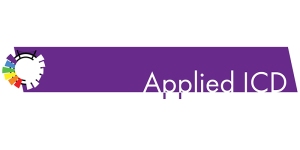Human Library Reading Garden in Copenhagen, Human Library Organization, Copenhagen, Denmark. Grand opening: 28 April 2024; then every Sunday until 13 October 2024.
Concept: “The Human Library® creates a safe space for dialogue where topics are discussed openly between our human books and their readers. All of our human books are volunteers with personal experience with their topic. The Human Library® is a place where difficult questions are expected, appreciated and answered.”
Details: “Very similar to your public library only we have real people on loan as an open book for you. Offering insights and honest conversations about their life and experience. If you arrive at the Human Library Reading Garden in the opening hours (Sundays 12-4pm) you will see a black librarian’s desk and a board with a list of topics available to readers. If the topic is listed in English, then it is available to readers in English. Consult the librarian to get an introduction and register for your library card. At this time you also agree to respect and observe our “Rules for Readers.” Now you can make your choice from what is available. The librarian is there to help guide you and once you have made your choice. The librarian will bring out the book for you and make introductions.
If you are in a group, then we recommend that you share a book. A maximum of five readers can take part in a group reading. During the season we are open on Sundays for the public. While our weekdays are reserved for visits from educational institutions and other publishing partners. Most of our topics are available in both Danish and English. A few are also available in Arabic, French, German, Italian and Spanish. You may borrow as many books as you like, but only one at a time.”
This is one human library of many; for more information about the entire movement, see here. Over the last 24 years, the Human Library has hosted events virtually and in libraries, museums, festivals, conferences, schools, universities and for the private sector, in over 85 countries.


